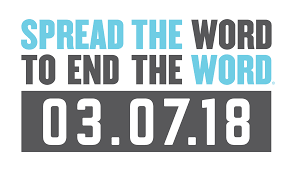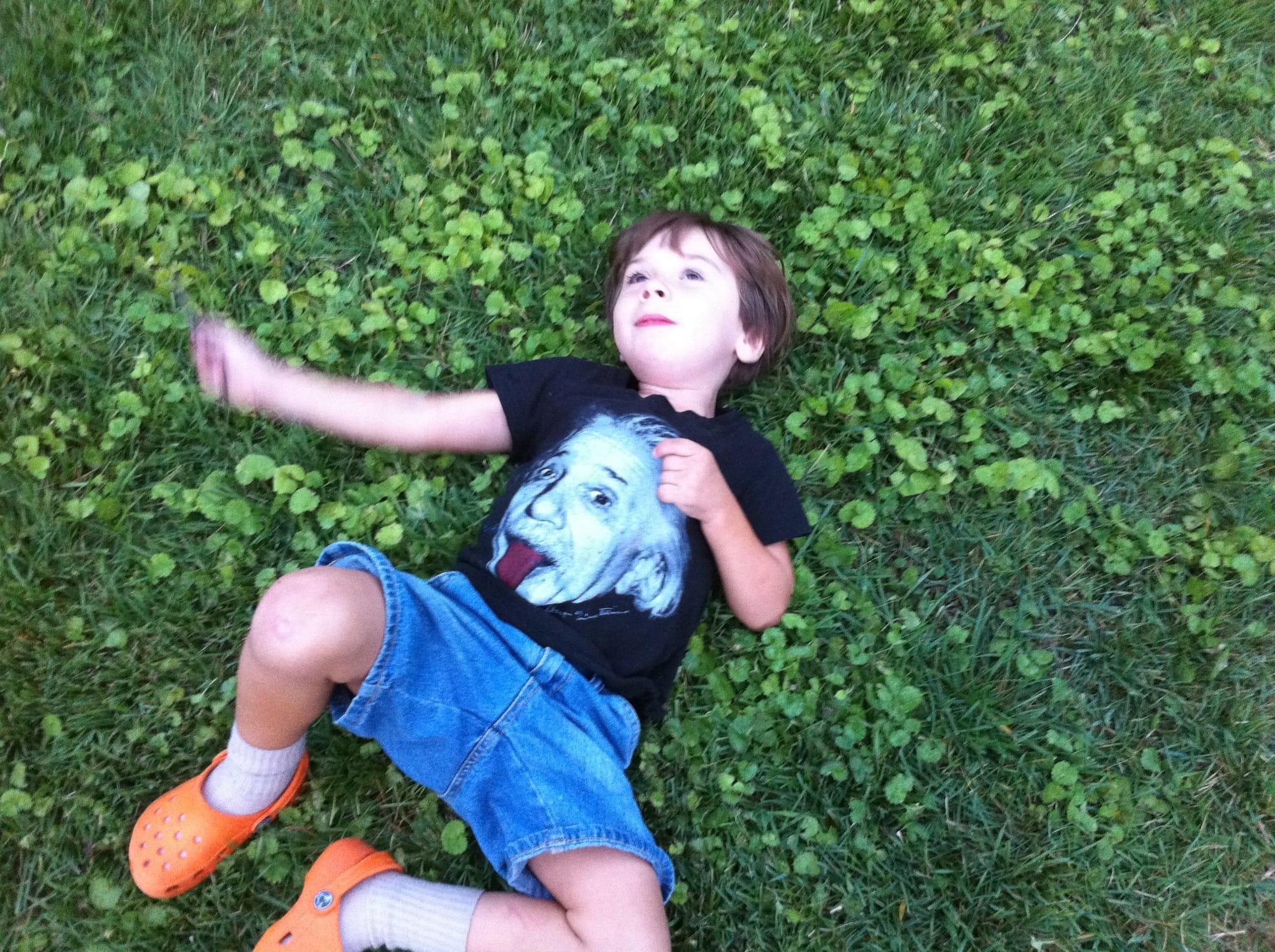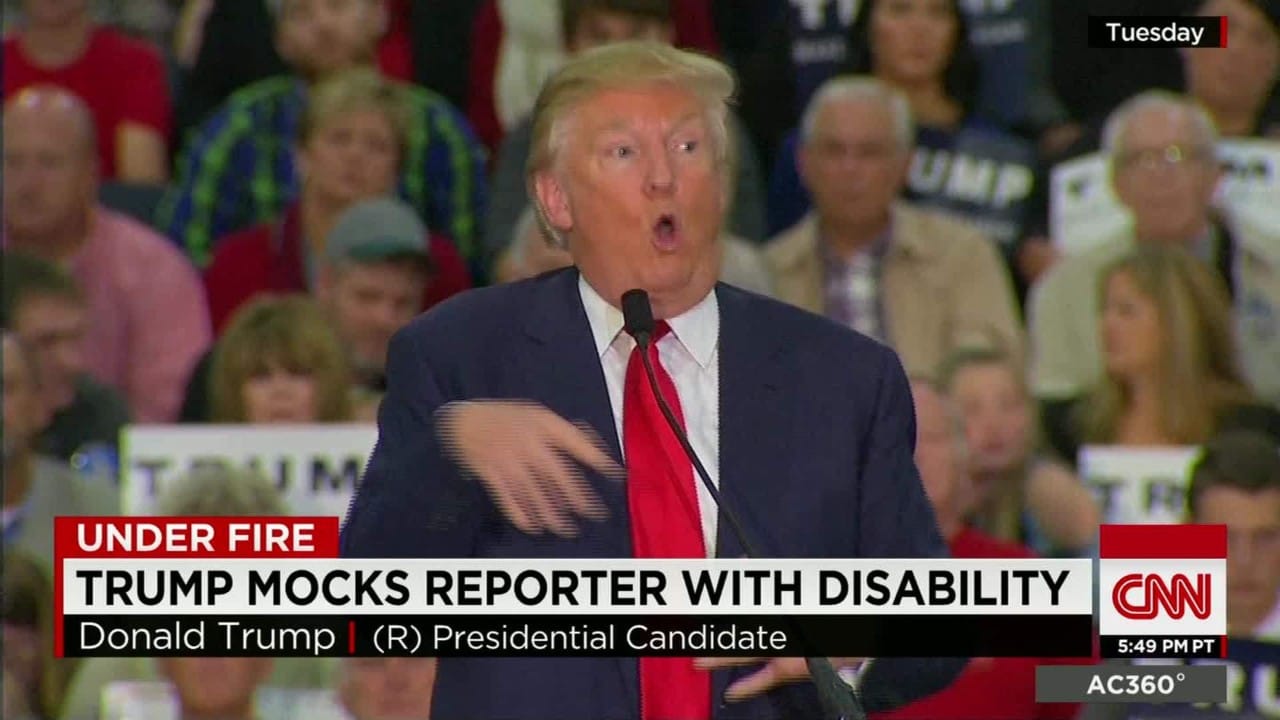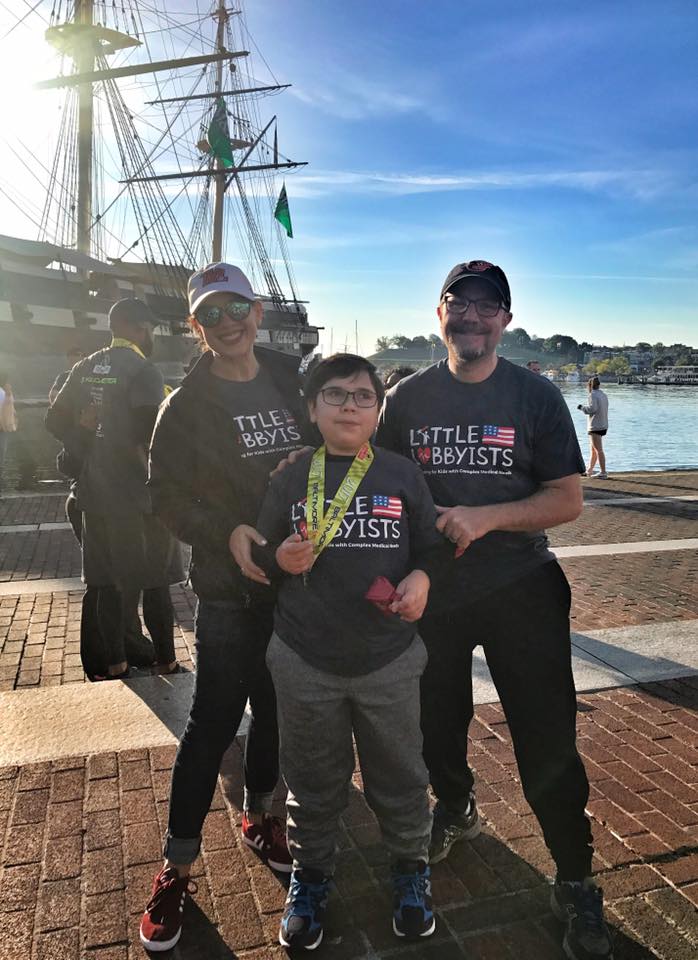Spread the Word to End the Word (by Laura Hatcher)

The first time a doctor suggested that my son was mentally retarded was a shock.
Simon was five, and though he’d consistently missed milestones, his doctors and teachers said it was just “developmental delay” and recommended more therapy to help him catch up. Since he’d started life with a stroke and had multiple surgeries, it seemed reasonable he’d need a little extra time and help. I tried not to worry about the future, a delay was only temporary.

Until it wasn’t. Simon was falling further behind. Testing revealed his academic skills had “plateaued” and his social skills were “abnormal.” Lots of charts with bell curves and deviant scores were drafted to explain what I couldn’t quite comprehend; my beautiful little boy with hydrocephalus, epilepsy, and cerebral palsy, also fit the clinical definition of mental retardation.
The weeks following Simon's diagnosis brought a lot of research and reflection. I suddenly found myself noticing something that had always been there -- the careless way “nice” people used my baby’s medical condition as derogatory slang. It was a painful revelation. Every time I heard it felt like a stab in my heart, and I heard it often. People said it to describe something foolish, when annoyed by someone, angered by a situation, even to be self-deprecating. “Retarded” was a synonym for nonsensical, unworthy, lacking value, rejected. It embodied my deepest fears for Simon’s future as a person with cognitive and physical disabilities.
It’s well established that in our society fitness and intelligence are paramount. We define ourselves by what we “do.” What we produce has become more important than who we are. Achievement is virtue, work is worth. If a person cannot participate as such, they are marginalized. Look no further than current political rhetoric for examples: “makers vs. takers,” “poverty is a mindset,” work requirements for health care, and so on.
And of course, there’s this.

With ongoing attacks to health care, education, and the ADA, our country is an increasingly hostile place for people with disabilities. If, as President Jimmy Carter famously said, the measure of our society is found in how we treat our most vulnerable citizens, we are falling far short of greatness.
My son, however, is not lacking. Through him I’ve come to rediscover the “better angels of our nature,” as Lincoln and Obama directed. Simon taught me that a person is more than the goals they score, the grades they get, or the money they make. We must learn to measure our value by the kindness we show, the laughter we share, and the love we create. Worth is intrinsic to every life.
Simon’s diagnosis was six years ago. Since then, we’ve seen many specialists and most choose other (better) words to describe his diagnosis. Cognitive or intellectual disability describes the condition without denigration, helping us find a path for understanding. Though I’ve grown past my initial fears, the old echo of “retarded” still follows me. When I hear it, I worry about Simon’s future, about the stigma and ostracization he will face when he’s no longer a child and I cannot protect him.
All any parent wants for their child’s future is happiness, and the key to that happiness is being accepted for who you are. Fear of my son’s diagnosis made me reluctant to accept it, and inhibited my ability to accept him. But the scary part of “mental retardation” isn’t the condition itself. People with cognitive disabilities have meaningful lives, and bountiful gifts to offer those who choose to see them. The thing we should be afraid of is our acceptance of hate speech, which gains its meaning from crushing our humanity. It’s the rejection and devaluation the word “retarded” has come to define from use as a slur. And it’s time for that slur to go.
Spread the word to end the word.

